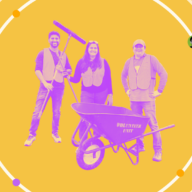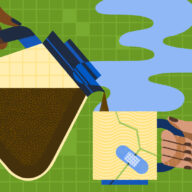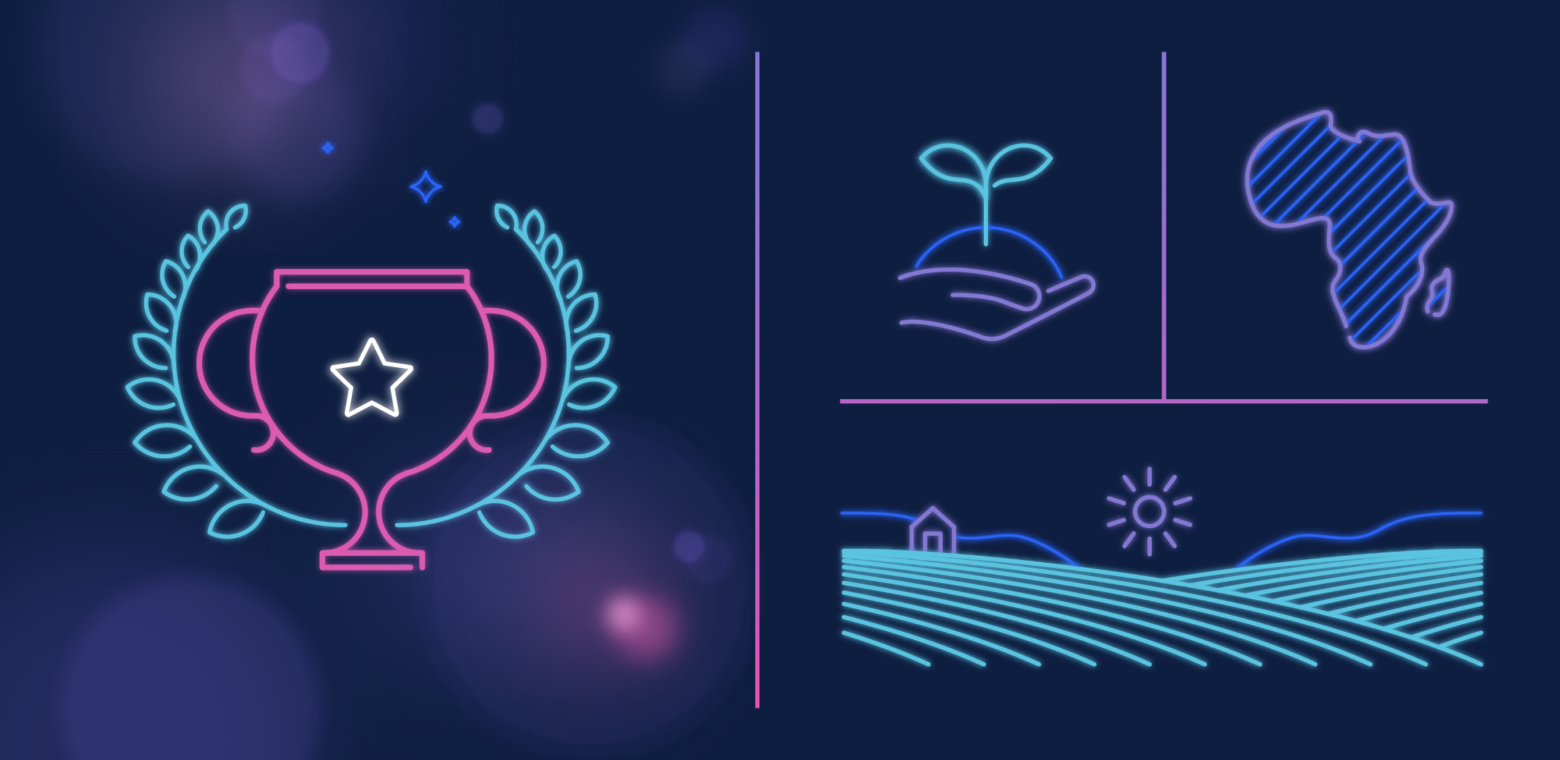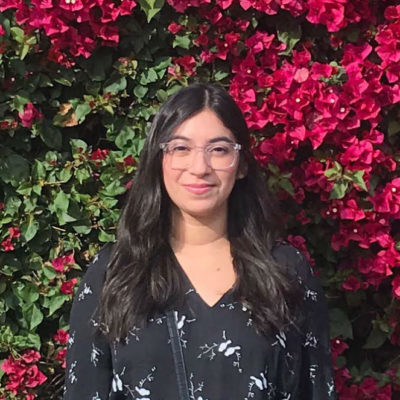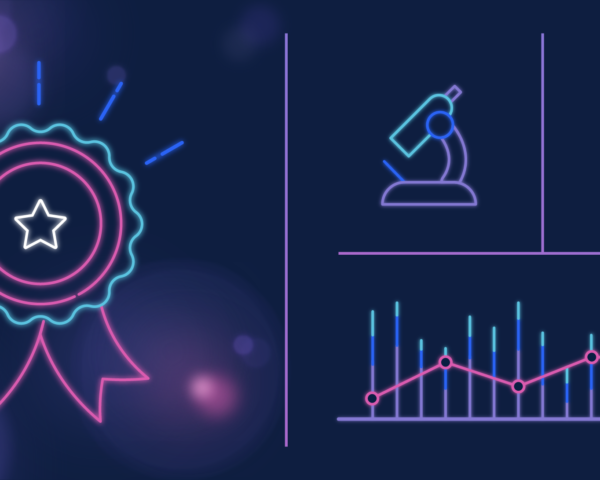5-second summary
When people who are relying on small-plot farms to feed their families are counting on you for their farming supplies, business continuity takes on a whole new level of urgency. Just ask the folks at One Acre Fund, a non-profit based in Kakamega, Kenya.
One Acre Fund aims to help farmers grow more food and earn more money in sub-Saharan African countries by providing financing, supplies, and training to more than one million family farms.
Pre-COVID-19, most business was conducted face-to-face. But in March 2020, everything changed. To avoid disrupting food supply chains across eight countries, One Acre Fund had to figure out how to transition to remote operations – and fast.
And that’s exactly what they did.
To celebrate this incredible achievement, we are pleased to honor the One Acre Fund with the 2021 Team of the Year Award.
Hyper-local outreach meant farmers could ensure food in their communities
Since its founding in 2006, One Acre Fund has supported farmers by offering seeds and fertilizer on credit, with a flexible system for repayment. In addition to supplies, farmers receive training on agricultural techniques, crop storage solutions, and how to plan for market fluctuations.
Participating farmers generally see a 40-45 percent increase in their profits after partnering with One Acre Fund. And they are 25 percent less likely to say they are going to sleep hungry.
Field officers are at the heart of One Acre’s operations – they are local community members hired to work closely with the farmers they serve. Pre-COVID, a field officer’s typical day would involve traveling from one in-person meeting to another. Plus, more than 4,000 field officers held weekly in-person group meetings, where 40+ farmers would gather to order supplies, receive training, and repay their loans with cash payments. Field officers took orders and did other tasks on paper, as the lack of internet connectivity in the remote sites made digital processes difficult.
Touching people’s lives through touch-free transactions
At the start of the pandemic, Kenya, Uganda, and other sub-Saharan African countries took swift action to go into lockdown. From restricting travel and mandating a quarantine for travelers, to barring public gatherings and suspending public transportation, life in East Africa had changed.
“A lot of the countries we served were in lockdown; there were strict restrictions. Within two to three months, we really had to make significant changes,” says Scott Noel, then-director of IT enterprise solutions for the organization.
Noel and the 70-person IT department at One Acre Fund had to fast-track the implementation of a handful of tools and technologies that would allow them to digitize their processes and conduct business in a touch-free way. “We were moving toward these tools before the pandemic,” Noel says. “But there was no real urgency to it. We thought we could take our time to create it and test it.”
Thankfully, internet connectivity in the region has improved significantly over the last 15 years since One Acre Fund opened its doors. “What we were able to do is enable farmers to place orders on basic-feature phones without having to have touchpoints with field staff,” he said. “The whole goal was to minimize interaction between people.”
Transitioning from paper to tablets
With a dispersed staff, the team used Atlassian software to collaborate in real-time – Jira for its help desk and new releases, and Confluence to document progress with stakeholders.
Field officers shifted to using tablets instead of paper. In real-time, officers could take orders or cashless payments to minimize touchpoints and contact, as this could be done from six feet away.
One Acre Fund implemented several other new digital tools as well, including USSD, a service available on basic mobile phones that allowed farmers to use a text menu to order supplies or make a payment. According to a blog post on the organization’s website, 45 percent of farmers in Rwanda who worked with One Acre Fund during the pandemic lockdown enrolled via USSD.
One Acre Fund also used USSD and SMS to distribute information on planting, farming, and even COVID. “All of that connects to our backend technical programs,” Noel says, “and this also allowed officers to track repayment with farmers.”
While these new technologies allowed field officers to minimize their interactions with farmers to avoid the spread of disease, it also made the organization’s processes much more efficient.
One year later
Nearly one year after COVID-19 forced One Acre Fund to change its operations, Noel says the shift is proving to be more useful than ever. Kenya went into its third lockdown in March as a result of a growing number of COVID cases. Had One Acre kept its old, high-touch business model, the organization wouldn’t have been able to keep providing its services to farmers.
There’s also an increased level of convenience for the farmers who rely on One Acre Fund services.
“Imagine if you’re a rural farmer, and you have to go to a bank to make a payment. Now you can do that over the phone. Often they’d have to walk a mile to meet a field officer. This is easing their experience,” Noel says.
One Acre Fund credits Atlassian’s nonprofit program as a key enabler to its success. As they noted in their award application: “We do not make a profit from the work that we do. Without Atlassian, our team would not be able to grow to the size we are today and serve over 1,000,000 smallholder farmers every year.”





 )
) 













